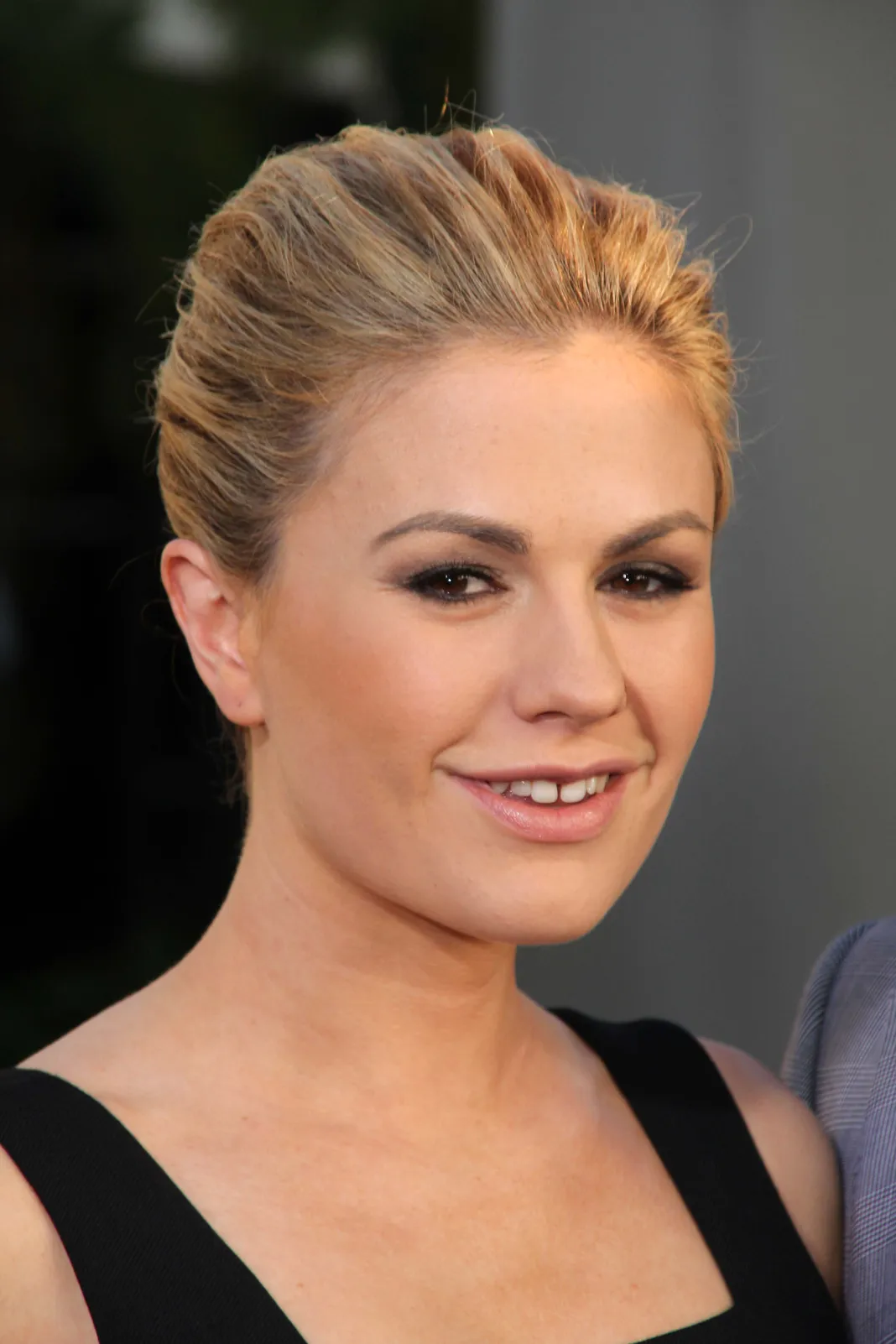
Anna was cast in HBO's True Blood (2008-2014). Between 20, Paquin worked almost exclusively on stage in both New York and London. She then moved to New York where she attended Columbia University for one year. At age 16, Paquin relocated to Los Angeles where she completed her last two years of high school (graduating in 2000). She is the first person born in the 1980s, and the first millennial, to have received a major nomination for acting, and the first one to win.Īn amazingly precocious talent, former child star Paquin got her first acting job in The Piano, shot in New Zealand, her mother's homeland, where young Anna grew up after her parents split up and mom and daughter moved there from Canada. It's not a typical Hallmark film, but it does make important points.Anna Paquin (born in Winnipeg, Manitoba, Canada, on July 24, 1982) was only 9 years old when she starred in Jane's Campion The Piano, as Holly Hunter's daughter, and only 10 when she got a Golden Globe nomination and then won the Oscar as Best Supporting Actress for that film. And there are a few triumphant moments, even when we think things can't get any better for certain characters. This is an important film because it tells some of what the Jews had to go through, and it makes clear how terribly they were treated just at the beginning, before they went to concentration camps. But there is a scene with an apparently dead body, and several scenes where it's clear if not obvious we are seeing people shot. It's certainly milder than "Schindler's List", and most of the violence is only implied.
#Anna paquin movie
But I'm not sure some of the violence in this movie would pass the test. Hallmark Hall of Fame presentations tend to be family-friendly, even when tackling adult issues. I wanted to say this was a film the whole family could watch, except maybe younger children. There is also a red-haired Jewish boy who stands out in my mind but I don't remember his name. So many are scared of what might happen to their children, and they portray this well. I have to believe this was not a real child because what are the chances the character would have the same name as the star? The actors playing the Jewish parents do a good job. Elea Hofland stands out as Anna, one of the more likable Jewish children, the one that wants to be a ballerina. Another is the most disturbing scene in the movie, where Irena has finally been caught breaking the law. One is a scene where Irena has to pretend she doesn't care as a Jewish parent pleads for help, when we know she cares a lot. Two specific moments stand out in my mind. There are narrow escapes, but even some Germans seem sympathetic. Of course, anyone who gets caught helping Jews faces dire consequences. But at least Irena believes she can save some of the children.

And pretty soon, disease will be the least of the Jews' worries.


A lot of good the shots will do, since the people who put Jews in the ghetto care little about them, and conditions allow disease to spread. Meanwhile, the Germans are taking over Irena's department, and to get into the ghetto she must pose as a nurse and give typhus shots. Some know ways the children can secretly escape. Irena promises to keep a list of who she rescues and where they are so they can be returned after the war the hiding place looks like it will work, but who knows? Not everyone is willing to help Irena in her quest-even some of her employees don't see the point and don't want to get involved-but she finds several very caring people who can help. But many families do not want to take a chance sheltering Jewish children (so convents and orphanages must be found), and the Jewish parents are reluctant to give up their children. Irena wants to at least save the children, who can be taught to pretend they are Christian or even convert. Irena's job involves helping these people in whatever ways she can. Nearly half a million Jews from Poland and elsewhere have been moved to the Warsaw ghetto, and they are about to be moved again-to places with names like Treblinka and Auschwitz. Rarely were women in charge of anything important in those days. In this fact-based story set in 1941 Poland, Irena Sendler is in charge of social services for Warsaw, which is unusual in itself.


 0 kommentar(er)
0 kommentar(er)
